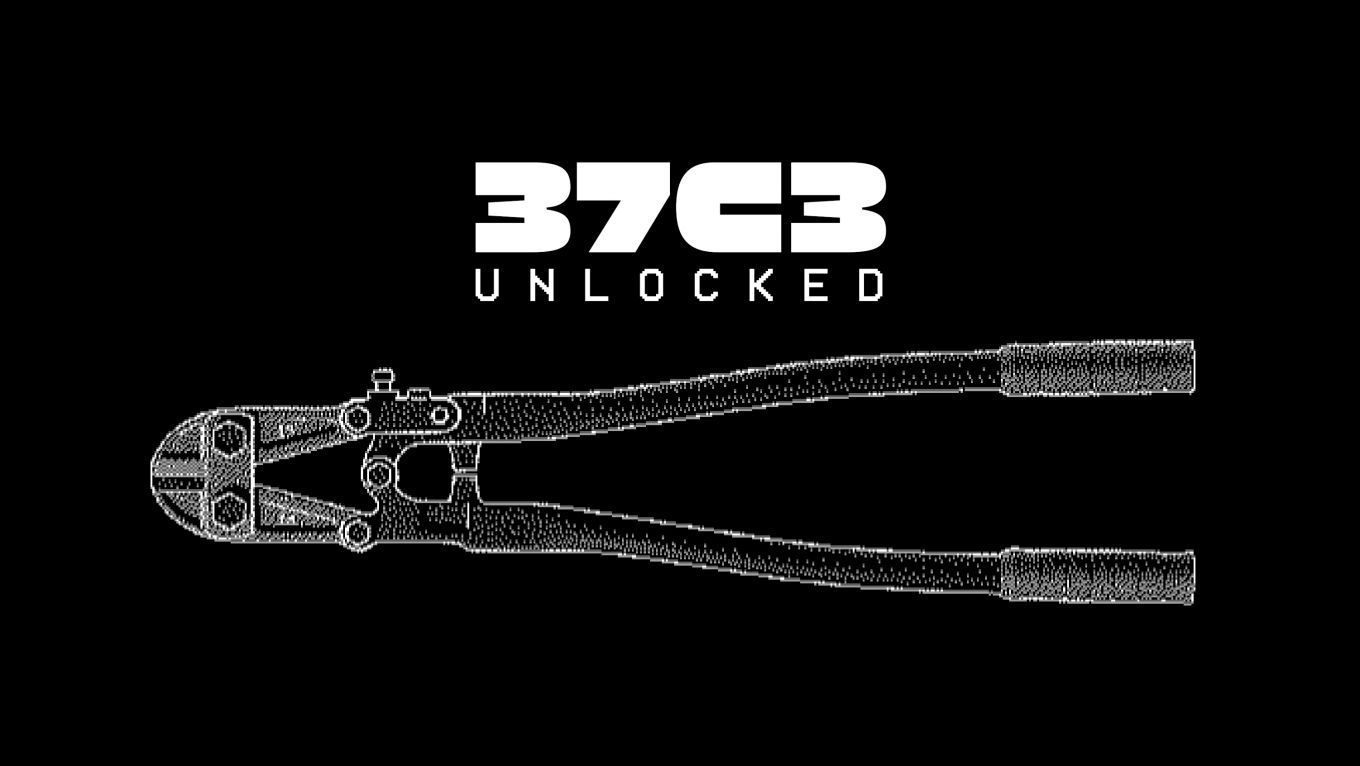Hardware & Making
How to Hack Your Way to Space
Bringing the Hacker Mindset to the Space Ecosphere - The story behind the Libre Space Foundation (LSF)
December 27, 2023
5:15 PM – 6:15 PM Add to calendar
5:15 PM – 6:15 PM Add to calendar
Saal Granville
Embark on Libre Space Foundation's journey into the world of open-source space exploration, where a passionate community of hackers and makers is challenging the traditional defense-driven approach to spacefaring. Discover how we are democratizing space by embracing open-source technologies, community collaboration, and a commitment to sustainability.
The current state of the space ecosystem is characterized by its reliance on defense-oriented policies and outdated systems, hindering the true potential of space exploration. Despite the promise of Space 4.0, the reality is that space remains largely inaccessible to the public at large.
Against this backdrop, a group of hackers and makers is revolutionizing the space industry. By promoting the hacker ethos of innovation, resourcefulness, and open-source principles, they are challenging the status quo and delivering creativity and accessibility into the space sector.
Driven by the hackerspace movement and the broader community, we, Libre Space Foundation, are actively building our own satellites, space technologies, sharing knowledge and resources, and pushing the boundaries of space exploration. Our mission is to democratize space, making it available to everyone, regardless of background or resources.
This emerging movement faces unique challenges, including working within a small, underfunded ecosystem, developing software and hardware, mapping out processes amidst complex space law and global politics, and ensuring long-term sustainability without relying on external funding.
To overcome these challenges and harness the full potential of this movement, we propose a manifesto with four pillars:
Open Source: All technologies developed for outer space shall be published and licensed using open source licenses.
Open Data: All data related to and produced in outer space shall be freely accessed, used and built upon by anyone, anywhere, and shall be shared and managed according to the principles above.
Open Development: All technologies for outer space shall be developed in a transparent, legible, documented, testable, modular, and efficient way.
Open Governance: All technologies for outer space shall be governed in a participatory, collaborative, direct, and distributed way.
By embracing these pillars, we can create a more open, inclusive, and sustainable space ecosystem that empowers individuals and communities to participate in the exploration of the cosmos.
Additional information
| Live Stream | https://streaming.media.ccc.de/37c3/granville |
|---|---|
| Type | lecture |
| Language | English |
More sessions
| 12/27/23 |
After a brief introduction to digital circuits this talk will outline placement and routing algorithms used for creating digital integrated circuits.
|
| 12/27/23 |
This lecture will cover many aspect of designing a RISC-V CPU, out-of-order execution, multi-core, memory coherency, security and running linux and debian on a FPGA.
|
| 12/27/23 |
Ein Vortrag über den erfolgreichen Kinder-Audioplayer „Toniebox“ mit Content-Hosting in der Cloud, der nicht nur Einblicke in die (un-)heimliche Datensammlungspraxis bietet, sondern auch gleich passende Lösungen dazu. Custom-Firmware, selfhosted Cloud-Ersatz und Tools zum Erzeugen von Inhalten ohne Herstellercloud.
|
| 12/27/23 |
In an era where vendors increasingly seek to use proprietary software in the devices around us to exert control over their users, the desire for open source software has expanded to the firmware that allows our machines to function, and platforms which individuals can trust and control have never been more important. However, changes to hardware platforms in recent years such as the Intel ME, vendor-supplied binary blobs and vendor-signed firmware images have repeatedly set back efforts to ...
|
| 12/27/23 |
I am paralysed from the chest down, have no hand functions and sit in a power wheelchair. I will share some insights on spinal cord injury and my experiences of how I work, live and travel using a power wheelchair. There are millions of people who cannot control a computer, tablet, or smartphone with their hands. Assistive technology supports the main functionalities which are needed: mouse movement and different kinds of clicks. My portfolio of hands-free assistive technology enables me every ...
|
| 12/27/23 |
The Unfolding Space Glove transmits the relative position and distance of nearby objects as vibratory stimuli to the back of the hand, enabling blind people to haptically explore the depth of their surroundings. The talk will give a brief overview of the design research project, from the first prototypes to an empirical study and its publication, and provide insights into the underlying hardware and software.
|
| 12/27/23 |
We've all been there: the trains you're servicing for a customer suddenly brick themselves and the manufacturer claims that's because you've interfered with a security system. This talk will tell the story of a series of Polish EMUs (Electric Multiple Unit) that all refused to move a few days after arriving at an “unauthorized” service company. We'll go over how a train control system actually works, how we reverse-engineered one and what sort of magical “security” systems we actually ...
|

